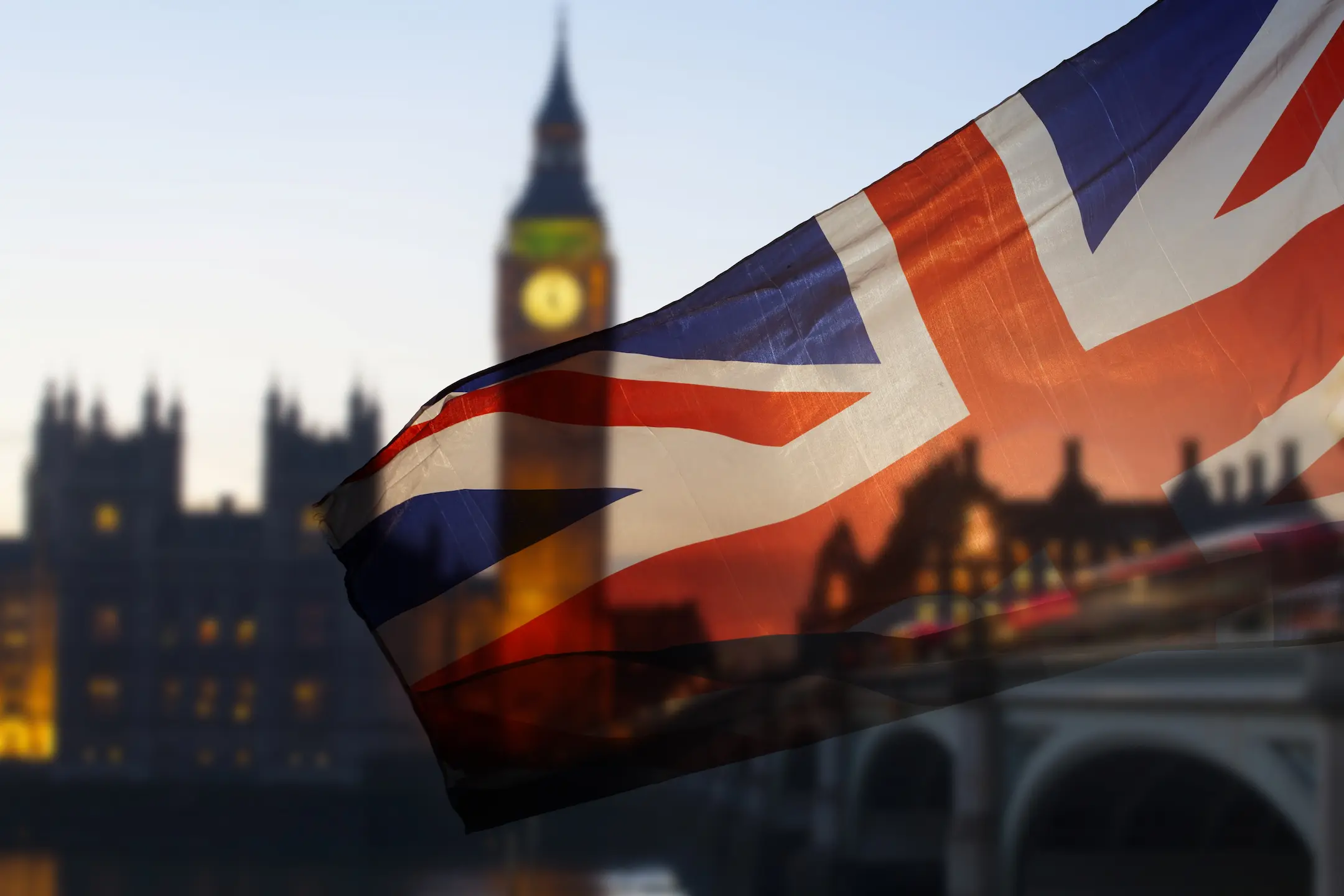
Standard Visitor Visa UK
Short‑term visits for tourism, family, and limited business activities. Check eligibility, prepare documents, and apply online.
Start ApplicationUp to 6 months per visit - Apply online - No work or long‑term study
Important — Fraud Checks & Verification
Provide accurate, consistent details that match your documents. Incomplete or conflicting information can delay or affect your decision.
Who Can Apply?
- Tourists, family visitors, short‑term business visitors.
- Transit passengers (use the correct transit option).
- Private medical treatment or short courses of study.
Note: You must intend to leave the UK at the end of your visit and fund your stay without working.
Start ApplicationWhat Is a Standard UK Visitor Visa?
Lets you visit for tourism, family events, certain business activities, or short study. Typical stays are up to 6 months; long‑term multiple‑entry visit visas exist, but each stay is time‑limited.
Visitor Visa Eligibility
- Genuine visitor with plans to leave at visit end.
- Funds and accommodation arranged without working.
- Purpose fits Visitor rules; documents support your case.
What Should I Know About the Standard Visitor Visa?
- No paid or unpaid employment in the UK.
- Multiple‑entry options (2/5/10‑year) exist; per‑visit limit still applies.
- Short courses allowed; long‑term study requires the Student route.
- No access to public funds; travel insurance recommended.
Documents Required for a UK Visitor Visa
The following documents are required for a UK Visitor Visa.
- Tip: Consistent details and clear statements help avoid delays or further information requests.
Valid passport; recent photo if requested
Completed online form
Proof of funds and accommodation
Travel plan + evidence of ties to home country
Route‑specific evidence (e.g., business invite, medical letter, study confirmation)
Permitted Activities
- Tourism and private visits
- Business meetings, conferences, interviews
- Short study at accredited providers
- Transit and private medical treatment (conditions apply)
Non‑Permitted Activities
- Employment, internships, or contract work in the UK
- Providing services to UK clients/employers
- Long‑term study as the main purpose
- Living in the UK by repeated successive visits
Visiting the United Kingdom for Business
- Meetings, conferences, site visits, negotiations only.
- Carry invitations/event confirmations.
- Keep evidence of funds and accommodation.
- Remote work for an overseas employer must be incidental (no UK clients).
- Visa types & points‑based system (overview).
- Short‑term study guidance.
- Supporting documents checklist.
- Transit guidance.
- Private medical treatment notes.
Other UK Visa Types
- Work visas · Student visa · Family visa · Transit visas.
- Business/Investment · Graduate route · Settlement (ILR) · ETA (where applicable).
Additional Requirements for a Visitor Visa
- Private medical treatment: treatment plan + funding evidence.
- Academics/performers: activity‑specific rules may apply.
- Minors: parental consent + custody documents.
How Do I Apply for a Visitor Visa to the UK?
Step‑by‑Step
- Complete the online Visitor form (create/sign in to account).
- Pay the fee (IHS not charged for a standard Visitor).
- Prove identity via the ID Check app (if eligible) or at a VAC.
- Upload documents (or scan at VAC) and track your decision.
People Also Asked...
What Happens If Your Visa Is Rejected?
Read the refusal notice to understand reasons. You may re‑apply with stronger evidence. Consider administrative review or appeal where available.
